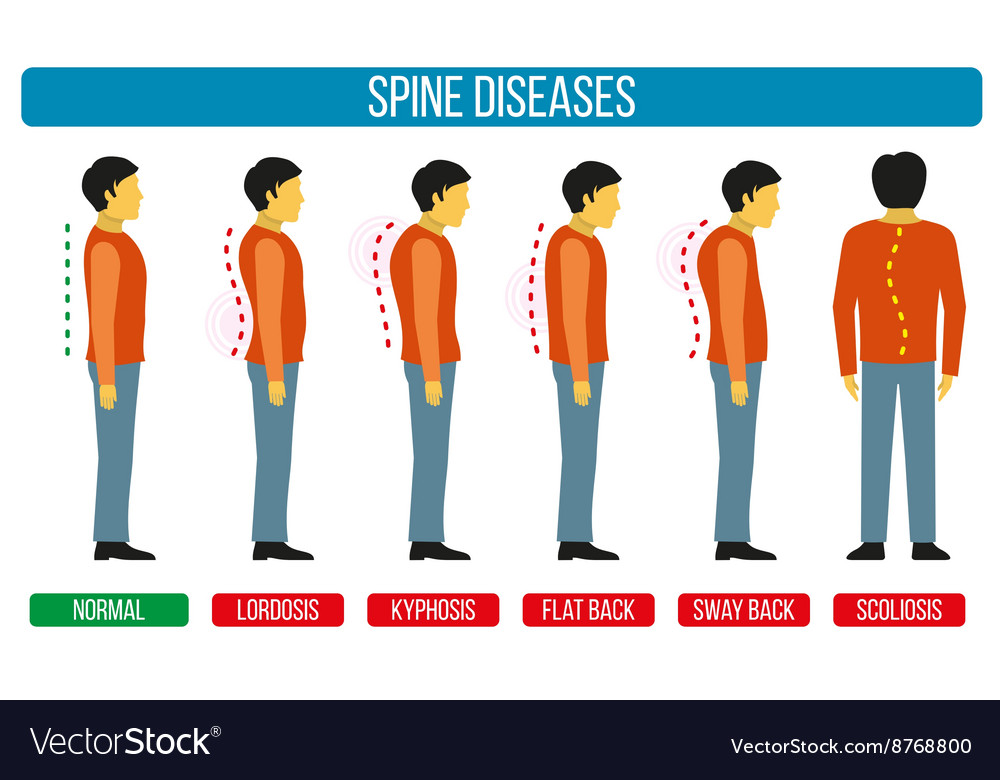Nutrition And Its Significance In Back Pain Control: Foods To Support And Foods To Avoid
Nutrition And Its Significance In Back Pain Control: Foods To Support And Foods To Avoid
Blog Article
Produced By-Locklear Guldborg
When it pertains to handling your pain in the back, the food choices you make can dramatically impact exactly how you really feel daily. Imagine being able to alleviate your discomfort merely by adjusting what you consume. By understanding the duty of nourishment in pain in the back monitoring and recognizing which foods to integrate or stay away from, you can take aggressive actions in the direction of a much healthier and more comfortable way of living. The link between nutrition and back health is a lot more extensive than you may realize-- allow's check out how specific foods can either soothe or intensify your back pain.
Relevance of Nutrition in Pain In The Back
Nutrition plays a critical role in handling neck and back pain. Your diet plan can substantially affect inflammation degrees and overall pain levels in your back. Consuming a balanced diet plan rich in nutrients like vitamins D and K, calcium, magnesium, and omega-3 fats can help in reducing swelling and reinforce bones, which are essential for back health and wellness.
In addition, preserving a healthy and balanced weight through correct nourishment can reduce tension on your spine, reducing the threat of neck and back pain.
Moreover, certain nutrients like antioxidants discovered in vegetables and fruits can aid deal with oxidative stress and anxiety and promote recovery in the body, including the back muscle mass and spinal column.
On the other hand, eating excessive quantities of processed foods, sugary beverages, and harmful fats can add to inflammation and weight gain, aggravating pain in the back.
Foods to Eat for Back Health
To support a healthy back, including nutrient-rich foods right into your everyday dishes is key. Consisting of foods high in anti-oxidants like berries, spinach, and kale can help in reducing swelling in your back, easing discomfort and discomfort. continue reading this -3 fats located in fatty fish such as salmon and mackerel have anti-inflammatory residential or commercial properties that can profit your back wellness.
Furthermore, eating nuts and seeds like almonds, walnuts, and chia seeds provides crucial nutrients like magnesium and vitamin E, which sustain muscle function and decrease oxidative tension. Incorporating lean proteins such as poultry, turkey, and tofu can assist in muscular tissue repair and upkeep, promoting a solid back.
Don't fail to remember to consist of dairy products or strengthened plant-based alternatives for calcium to support bone health. Last but not least, moisten with plenty of water to maintain your spinal discs moistened and operating optimally. By consisting of these nutrient-dense foods in your diet plan, you can nourish your back and support general spine health and wellness.
Foods to Avoid for Back Pain
Opt for avoiding refined foods high in added sugars and trans fats when looking for relief from back pain. These types of foods can add to swelling in the body, which might aggravate back pain. Say no to sweet treats sweet, breads, and sugary drinks, as well as fast food things like hamburgers, fries, and fried poultry that are typically packed with trans fats.
Additionally, steer clear of foods having high levels of polished carbs, such as white bread, pasta, and pastries, as they can spike blood sugar level levels and potentially get worse inflammation in the body.
It's additionally important to restrict your intake of foods high in saturated fats, like red meat and full-fat milk products, as they can contribute to swelling. Refined foods like delicatessens meats, chips, and packaged treats are often high in saturated fats and should be consumed in small amounts.
schramm chiropractic
To conclude, taking notice of your diet regimen and making clever food selections can have a considerable influence on taking care of back pain. By including nutrient-rich foods like berries, fatty fish, nuts, and lean healthy proteins, and avoiding processed and sweet products, you can help in reducing inflammation and assistance on the whole back health and wellness. Bear in mind, what you eat plays an important role in exactly how you really feel, so make certain to prioritize your nutrition for a much healthier back.
